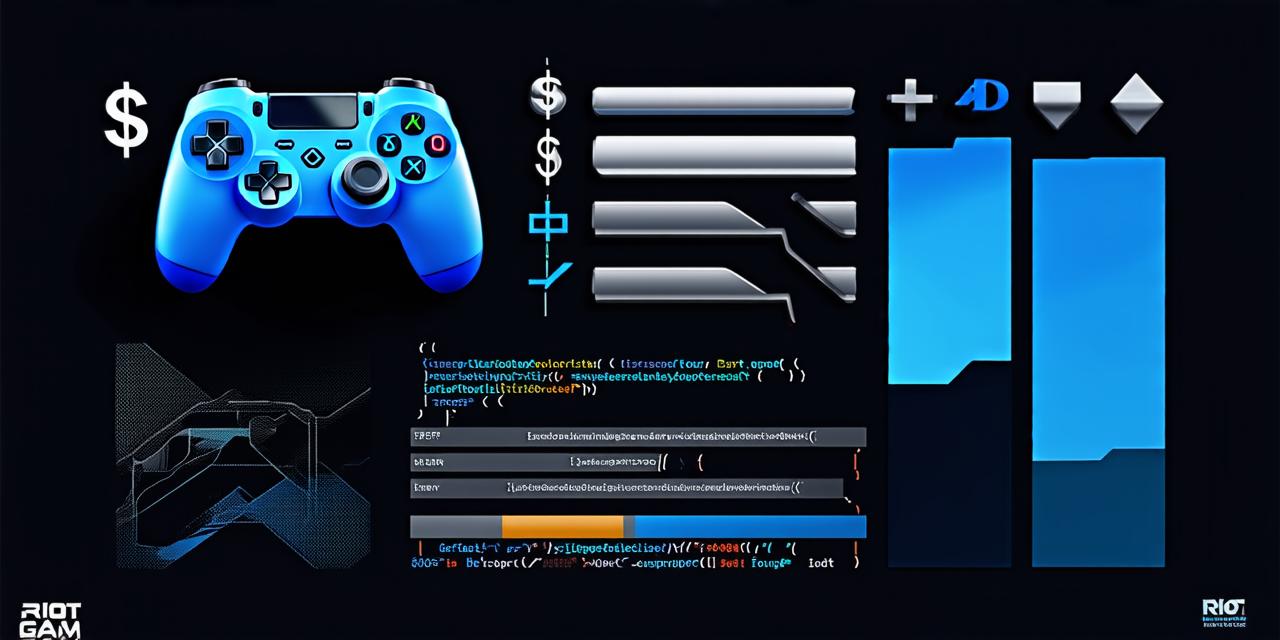Introduction:
Mobile games have become increasingly popular in recent years, with millions of people downloading and playing them on their smartphones and tablets. For game developers, understanding player behavior and preferences is crucial to creating engaging and successful games. This is where analytics tools come in handy. These tools provide valuable insights into player data, allowing game developers to make informed decisions about their games’ design, features, and marketing strategies.
1. Google Analytics:
Google Analytics is one of the most widely used analytics tools in the mobile gaming industry. It provides game developers with detailed insights into player behavior, such as where players are located, which devices they are using, and how long they spend playing the game. This information can be used to optimize the game’s design, features, and marketing strategies to better engage players.
2. Mixpanel:
Mixpanel is another popular analytics tool in the mobile gaming industry. It provides game developers with real-time insights into player behavior, such as how many users have opened the app, what actions they have taken, and which features are most popular. This information can be used to identify areas for improvement in the game’s design and features, as well as to optimize marketing campaigns.
3. Firebase Analytics:
Firebase Analytics is a mobile analytics tool developed by Google that provides game developers with insights into player behavior, such as how many users have downloaded the app, which features are most popular, and which devices are being used to play the game. It also allows game developers to track user retention, which is an important metric for measuring the success of a mobile game.
4. Amplitude:
Amplitude is another analytics tool that provides game developers with real-time insights into player behavior. It allows game developers to track user events, such as when a player completes a level or makes a purchase in the game. This information can be used to optimize game design and features, as well as to develop targeted marketing campaigns.
5. Kochava:
Kochava is an analytics tool that provides game developers with insights into user acquisition and retention. It allows game developers to track where players are coming from, what devices they are using, and how long they spend playing the game. This information can be used to optimize marketing campaigns, as well as to identify areas for improvement in the game’s design and features.

Summary:
In conclusion, there are many analytics tools available for mobile game developers. Each tool provides unique insights into player behavior, which can be used to optimize game design, features, and marketing strategies. By using these tools, game developers can create more engaging and successful games that keep players coming back for more. If you’re a mobile game developer, consider trying out one of these analytics tools today and see the difference it can make in your game’s success.
FAQs:
1. What is the purpose of using analytics tools in mobile gaming?
The purpose of using analytics tools in mobile gaming is to gain insights into player behavior, such as where players are located, which devices they are using, and how long they spend playing the game. This information can be used to optimize game design, features, and marketing strategies to better engage players.
2. How do I choose the right analytics tool for my mobile game?
The best analytics tool for your mobile game will depend on your specific needs and goals. Consider factors such as the type of data you need to collect, the complexity of your game, and your budget when choosing an analytics tool.
3. Can analytics tools provide information about player retention?
Yes, many analytics tools can provide insights into player retention, which is an important metric for measuring the success of a mobile game. By tracking how long players spend playing the game and whether they return after their first session, game developers can identify areas for improvement in their game’s design and features, as well as optimize marketing campaigns to keep players engaged.
4. Do I need to pay for analytics tools?
Many analytics tools offer both free and paid versions. The paid versions typically provide more advanced features and insights, while the free versions may have limitations on the amount of data that can be collected or the number of users that can be tracked. Choose a version that best fits your needs and budget.




